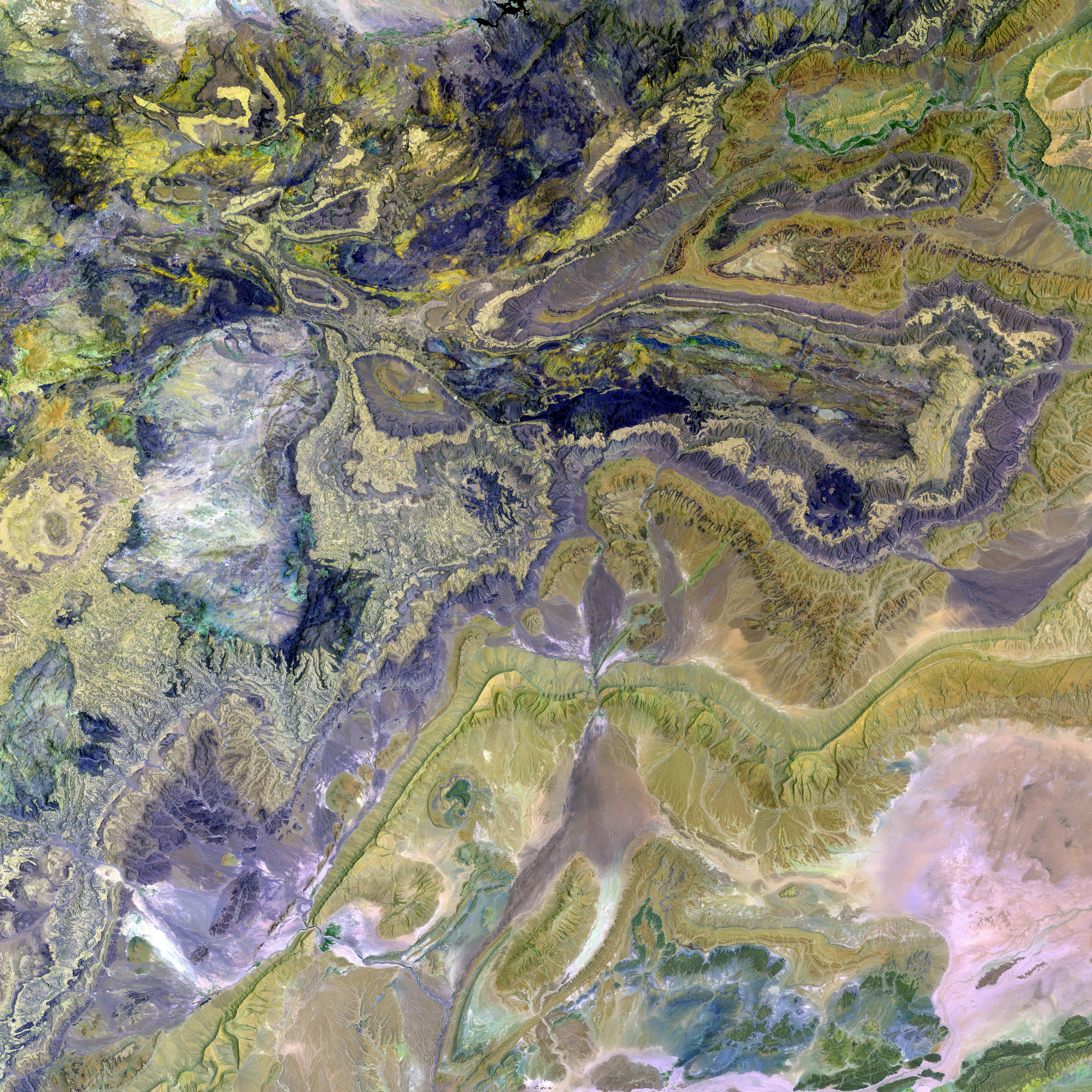A Bold Move: United States Welcomes White South Africans as 'Refugees'
Retired white South Africans gain permission to settle in the United States as refugees under Trump's administration
America took an unexpected step by granting refugee status to around 50 White South Africans who recently arrived in the US. The move, spearheaded by President Donald Trump, has sparked controversy and debate, particularly given the President's stance on immigration.
Trump, known for restricting refugee arrivals, made an exception for these Afrikaners, citing their removal from a "terrible situation" at home. The South African government, however, dismisses claims of persecution and insists the Afrikaners do not face any danger in their homeland.
At a White House meeting before the group's arrival, Trump addressed the controversy, stating, "It's a terrible situation taking place. So we've essentially extended citizenship to those people to escape from that violence and come here." He took the opportunity to highlight his longtime ally Elon Musk's origins in South Africa, a possible motivation for his intervention.
The resettled South Africans were greeted at Dulles Airport in Virginia, where Deputy Secretary of State Chris Landau welcomed them with a warm, "Welcome to the land of the free." Landau emphasized, "We're sending a clear message that the United States really rejects the egregious persecution of people on the basis of race in South Africa."
South African President Cyril Ramaphosa has dismissed claims of persecution and argued that Afrikaners do not meet the criteria for refugee status. "A refugee is someone who has to leave their country out of fear of political persecution, religious persecution, or economic persecution," Ramaphosa stated. He also pointed out that South Africa is the only country on the continent where colonizers settled, and that they have never been driven out.
Diving Deeper: White South Africans as Refugees
The U.S. resettlement eligibility guidelines include being either of Afrikaner ethnicity or a racial minority in South Africa, and demonstrating a past experience of persecution or fear of future persecution. These conditions allow for a limited number of White South Africans to be recognized as refugees.
While the South African government takes a dim view of this development, critics argue that some White South Africans do face genuine threats of harm and persecution, particularly due to violent crimes, targeted attacks on farms, and racial discrimination.
Many question the decision's authenticity, perceiving it as a political move by Donald Trump to criticize diversity, equity, and inclusion programs. Some also argue that it perpetuates anti-Black sentiment or inflames racial tensions.
Unpacking the Controversy: Perspectives and Implications
Advocates for recognizing White South Africans as refugees highlight their experiences of violence and discrimination. Critics, however, view this as an erosion of South Africa's sovereignty, a misrepresentation of the situation, or a politically motivated action used to justify anti-Black sentiment.
The decision may also worsen diplomatic tensions between the US and South Africa and further complicate South Africa's international relations, such as its ongoing case against the United States at the International Court of Justice.
In conclusion, the United States' decision to grant refugee status to White South Africans has ignited a heated debate over racial dynamics, political motivations, and the legitimacy of persecution claims. This complex issue brings to light both the challenges facing South Africa and the potential consequences of intervening in foreign affairs.
- The controversial decision made by President Donald Trump to offer refugee status to White South Africans has sparked debates about national sovereignty and diaspora on social media.
- As the United States' decision to accept White South African migrants transcends general news, analysts are scrutinizing its implications on politics, particularly relations between the two nations and their stances on war and conflicts around the world.
- Entertainment figures and influential personalities are also weighing in on the recent controversy, using platforms like social-media to express their opinions about Trump's latest move, highlighting the integration of the issue into mainstream social discourse.








